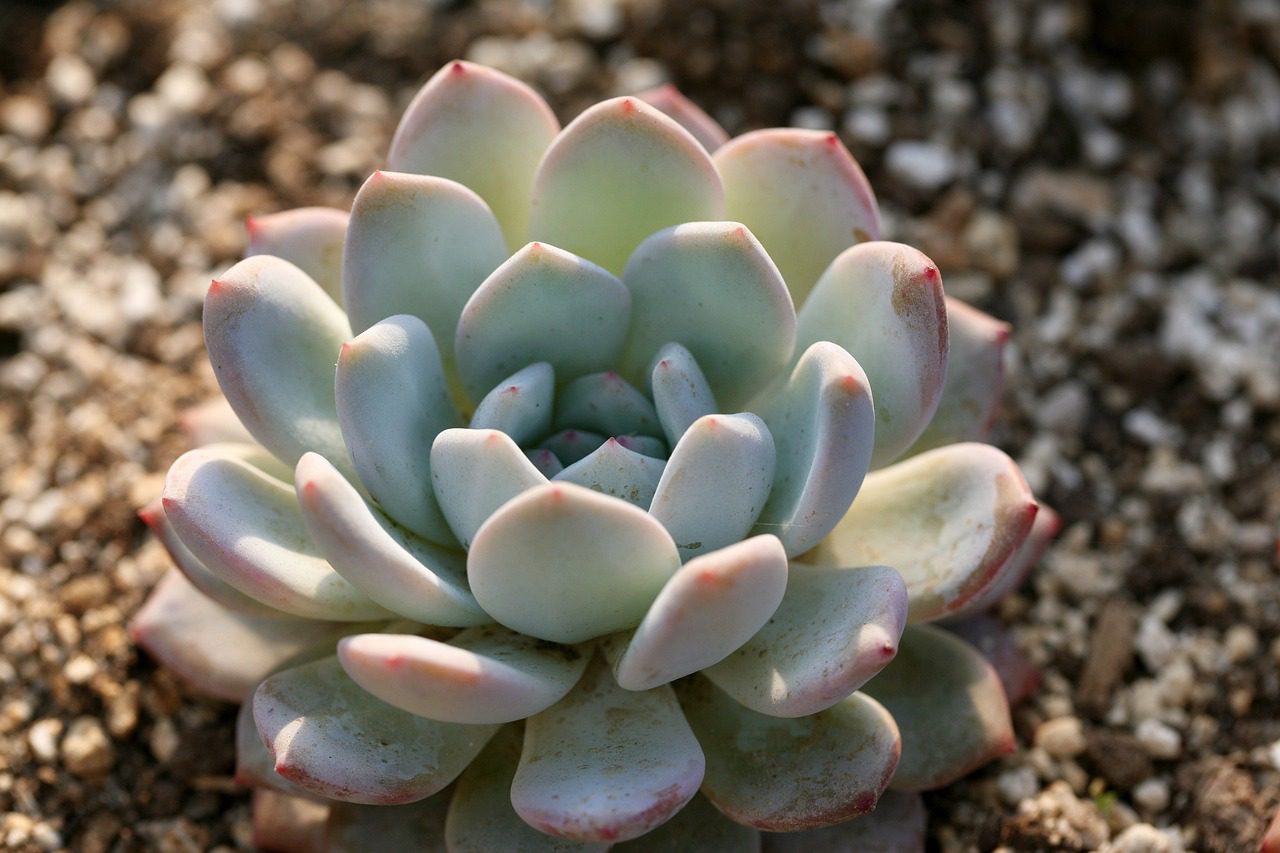February 23, 2023 – Residents of Las Vegas and southern Nevada have been saving billions of gallons of water by ripping out their grass landscapes and replacing them with rocks, desert plants and artificial turf.
Elizabeth Ruiz with Scripps News reports that the Southern Nevada Water Authority pays property owners $3 a square foot to replace grass with water efficient landscaping. The “grass for cash” program is credited for the state’s success in water conservation.
reports that the Southern Nevada Water Authority pays property owners $3 a square foot to replace grass with water efficient landscaping. The “grass for cash” program is credited for the state’s success in water conservation.
Nevada is one of the seven states that rely on the Colorado River system that has suffered from drought. Lake Mead (Hoover Dam) and Lake Powell (Glen Canyon Dam) have reached dangerously low levels.
The National Park Service says that for power to be generated at Hoover Dam , there must be a minimum water elevation level of 950.0 feet, or 8% of live capacity, adding that elevations between 950.0 feet to 895.0 feet are considered “inactive pool” because water can be released from the dam downstream but does not generate hydropower. Water capacity at 895.0 feet elevation is considered “dead pool,” which is when downstream releases from Hoover Dam are no longer possible.
, there must be a minimum water elevation level of 950.0 feet, or 8% of live capacity, adding that elevations between 950.0 feet to 895.0 feet are considered “inactive pool” because water can be released from the dam downstream but does not generate hydropower. Water capacity at 895.0 feet elevation is considered “dead pool,” which is when downstream releases from Hoover Dam are no longer possible.
The Los Angeles Times reported in December that federal water officials said that there is a risk that Lake Mead could fall to dead pool in 2025 .
.
“If dead pool were reached, it would be a catastrophe. Much of life in the southwest U.S. exists as we know it due to the Hoover Dam—and dead pool would cause all its operations to cease,” Newsweek warns.
warns.
Water conservation is a key component in a Colorado River allocation proposal submitted by six states — Arizona, Colorado, Nevada, New Mexico, Utah and Wyoming — to the federal Bureau of Reclamation. While there is no “one size fits all” method to conserve water, Nevada’s “cash for grass ” program is proving to be a successful model for water conservation efforts.
” program is proving to be a successful model for water conservation efforts.


Leave a Reply